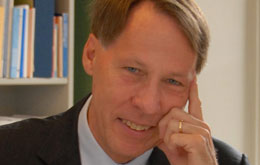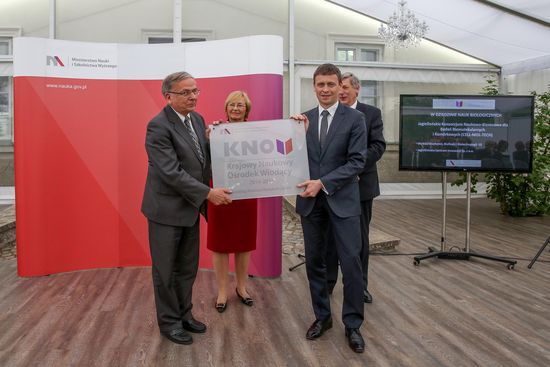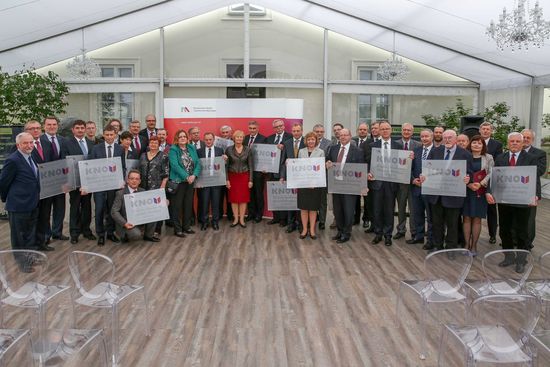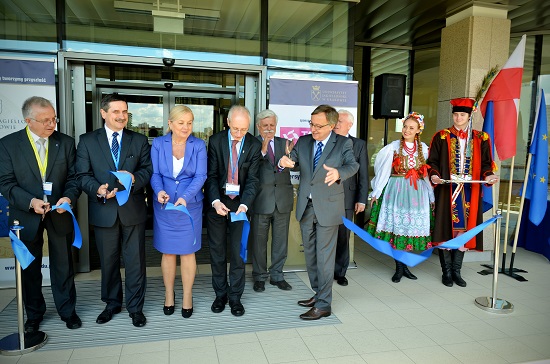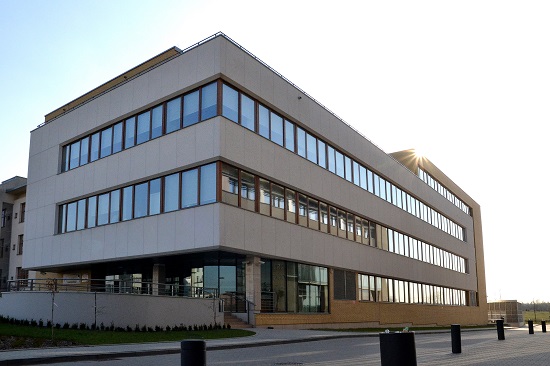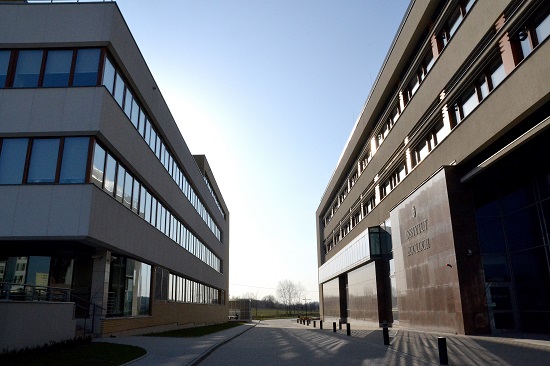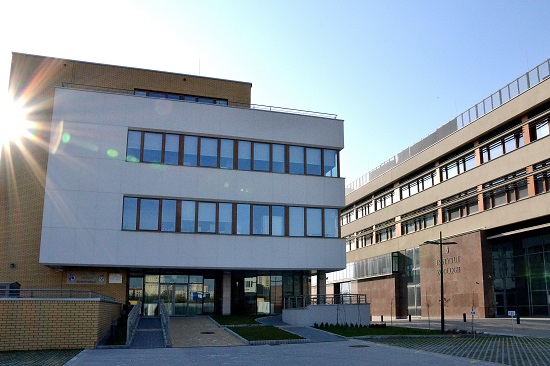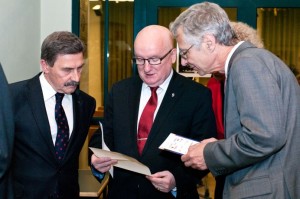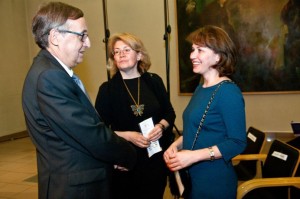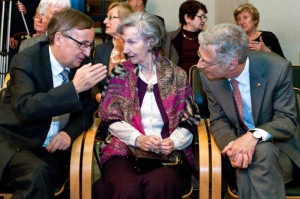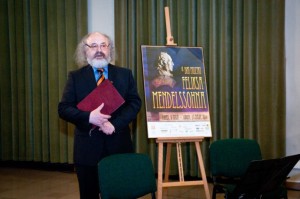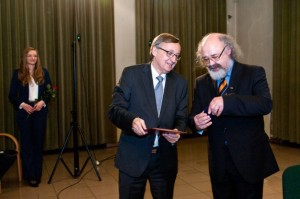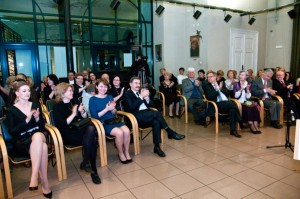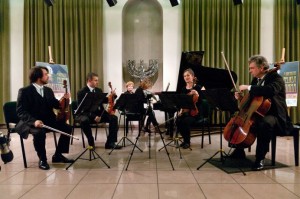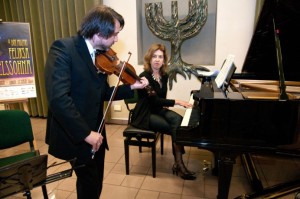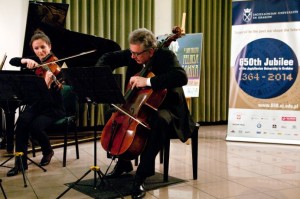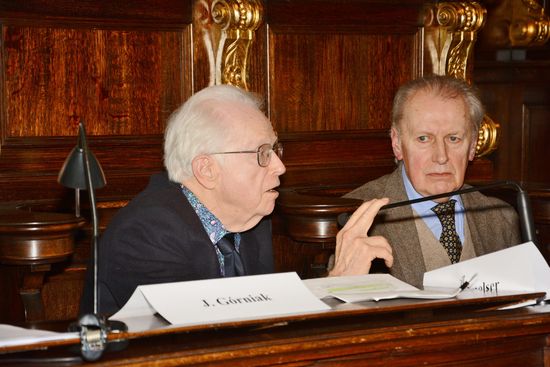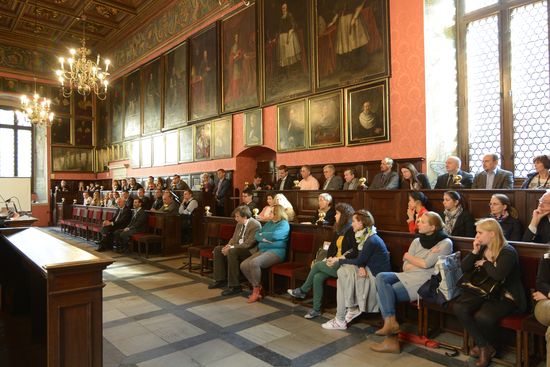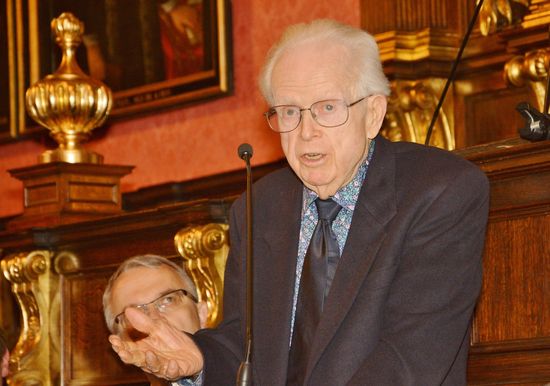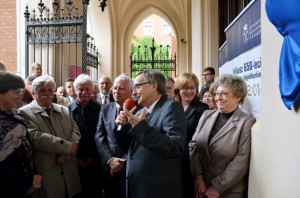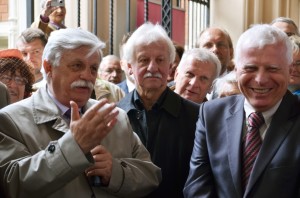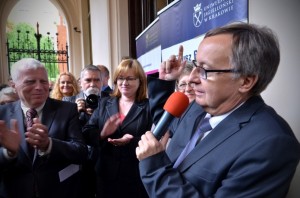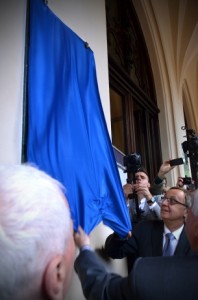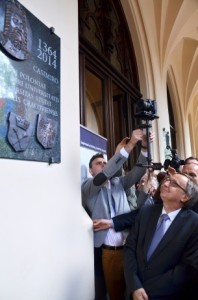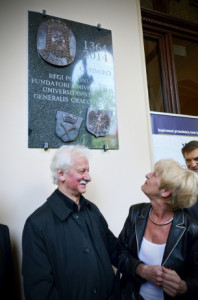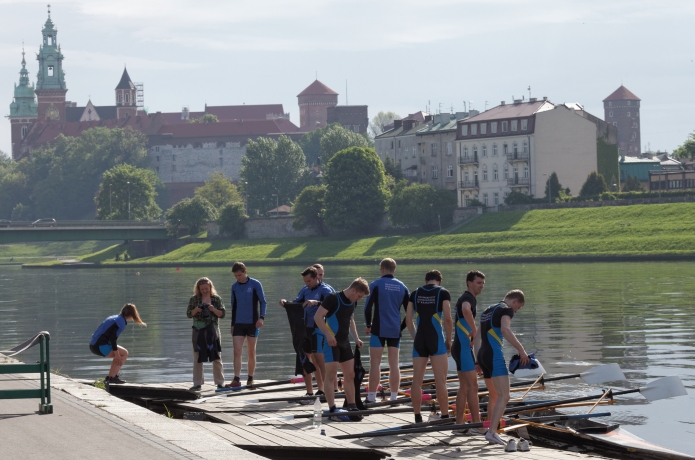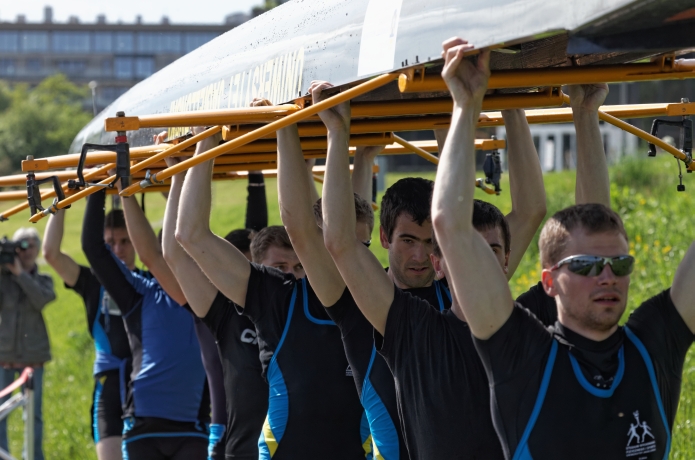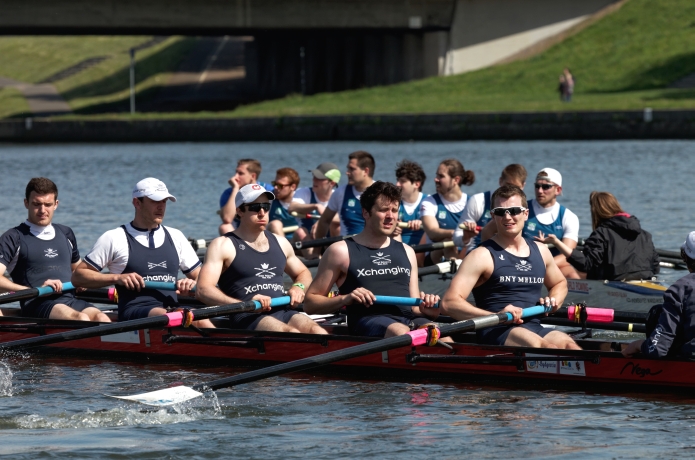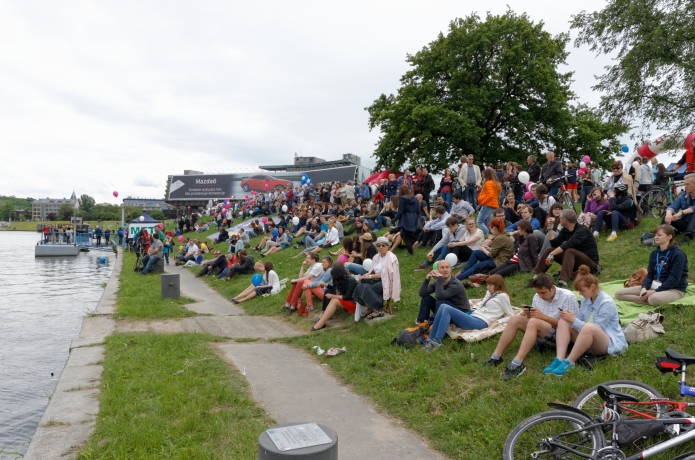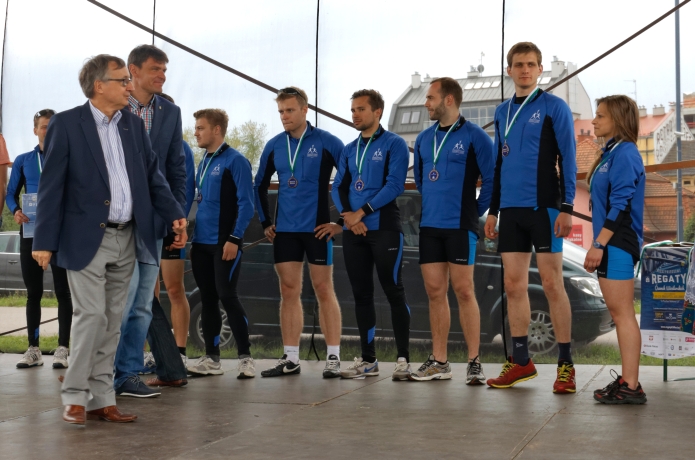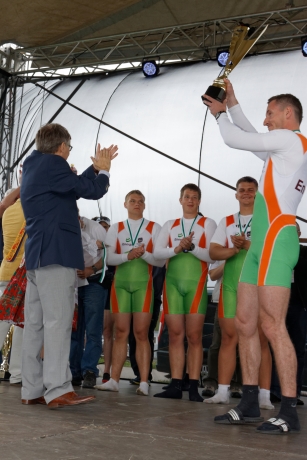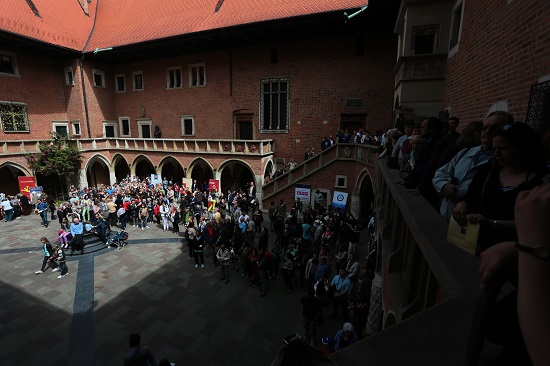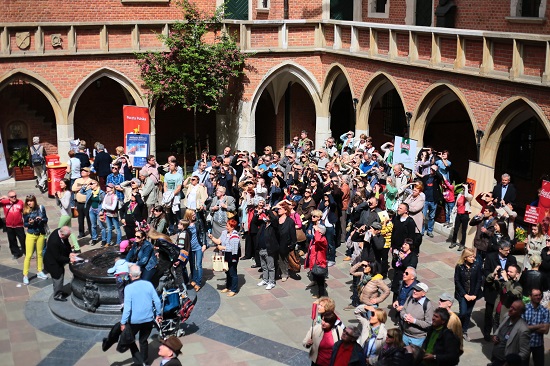Past scientific research showed that the length of digits – both male and female – is directly linked to foetal development. The newest discoveries in this field, made by a Polish-American team, will be published in the coming issue of the Annals of Human Biology magazine.
If the length of a man's index finger is lower than the length of his ring finger, it means that during his foetal development he was subjected to a higher concentration of testosterone than estrogens. The 2nd to 4th digit ratio (2D:4D) remains unchanged throughout the entire life, hence it may be used as a determinant of the hormonal environment in which the foetus developed.
Researchers from the JU MC Department of Environmental Health – Prof. Grażyna Jasieńska, Dr Andrzej Galbarczyk, Dr Ilona Nenko and Ms. Magdalena Klimek – and Louis Calistro Alvarado from the University of New Mexico have tested nearly 700 males of various age from the Beskid Wyspowy area (near the Western Carpathians).
The scientists have discovered that males whose ring finger is longer than their index finger have a greater body mass as children and adolescents, and as adults they generally produce more testosterone and have more offspring.
This indicates that the 2D:4D ratio may be used to assess the physical condition of a male subject. The results presented by the scientists show that a high concentration of testosterone during foetal development may have a positive effect on the entire life of a man, since this hormone plays a crucial role in male organism.
"A high level of testosterone also has some adverse effects – too much of it may cause problems with health. Previous research showed that men with a longer ring finger tend to be more susceptible to prostate cancer, autism and circulatory system diseases. This very simple indicator may very soon serve as one of the tools of disease risk assessment," said Magdalena Klimek.
Prof. Grażyna Jasieńska added that searching for new indicators of foetal development is extremely important because a lot of diseases of affluence, such as diabetes, are more frequent in people with less favourable development conditions.
The electronic version of the article is available here.
(PAP Nauka w Polsce)
